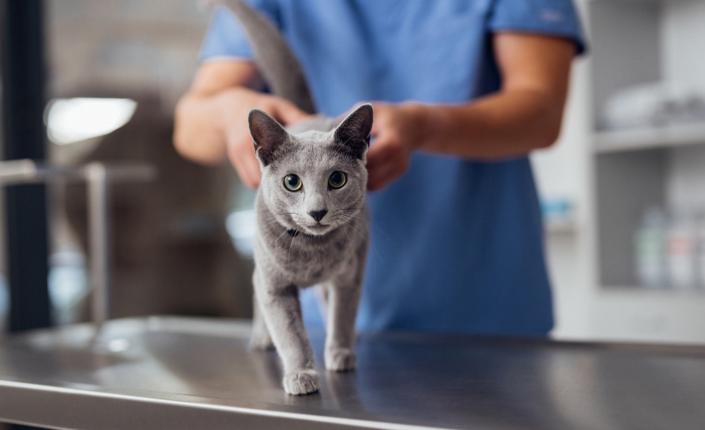H5N1 Avian Influenza: What Canadian Pet Families Need to Know

Recent headlines about bird flu have many Canadian pet parents concerned about their furry family members. As H5N1 avian influenza continues to affect bird populations across North America, pet families are seeking reliable information about keeping their dogs and cats safe. Here's what you need to know about this virus and how to protect your beloved companions.
The Current Situation in Canada
While recent cases in pets have been reported south of our border, including several cats that have sadly passed away, the Canadian Food Inspection Agency (CFIA) is actively monitoring the situation. Though cross-border spread is possible, focusing on prevention remains the best strategy for protecting our pets rather than worrying about potential scenarios.
Breaking Down Cross-Species Transmission
Think of H5N1 as an unwanted traveller - while it typically sticks to bird communities, sometimes it ventures into new territory. This crossing of species boundaries, known as spillover, happens more frequently when the virus is widespread in bird populations. While our dogs and cats aren't natural hosts for H5N1, they can become unexpected destinations for this viral traveller, potentially leading to serious health issues since their immune systems aren't prepared for such visitors.
Pet Health Signs That Shouldn't Be Ignored
Your pet can't tell you when they're feeling under the weather, but they'll show signs. Watch for:
- Changes in breathing patterns or coughing
- Unusual tiredness or seeming "off"
- Runny eyes or nose
- Skipping meals
- Unexplained fever
- Concerning behaviour changes, especially coordination problems
If you notice these symptoms, especially after possible exposure to wildlife or farm environments, your veterinarian should be your first call.
Keeping Your Pet Safe From Bird Flu in Canada
Food Safety First:
- Say no to raw poultry in your pet's diet
- Choose cooked or properly pasteurized pet food options
- Keep food preparation areas and bowls spotlessly clean
- Maintain proper food storage practises
- Remember: clean hands mean healthy pets
Smart Lifestyle Choices:
- Consider making your cat an indoor adventure seeker
- Keep dogs leashed in areas with wildlife
- Create a safe distance between pets and farm animals
- Be mindful of contact between house pets and outdoor cats
Understanding High-Risk Zones:
- Wildlife areas, especially those with water birds
- Farm properties with poultry or cattle
- Regions with confirmed avian flu cases
- Areas where pets might encounter wild animals
When Concerns Arise: Taking Action
If you're worried about possible infection:
- Ring your vet before visiting - they'll need to prepare
- Keep detailed notes about symptoms
- Create a temporary isolation space for your pet
- Designate one family member as primary caregiver
- Step up your cleaning routine
Prevention: Your Best Defence
Think of prevention as building a shield around your pet:
- Transform your yard into a wildlife-free zone
- Create engaging indoor activities for cats
- Establish a routine for supervised outdoor time
- Maintain distance from wild birds and farm animals
- Keep pet food and water sources protected
The Human Connection
While H5N1 rarely jumps from pets to people, basic precautions make sense:
- Maintain excellent hygiene practises
- Take extra care if you're immunocompromised
- Watch for illness in all household members
- Keep your distance if you're experiencing flu symptoms
Moving Forward with Confidence
Canadian pet parents can take heart in knowing that while H5N1 deserves our attention, it shouldn't overshadow the joy of pet companionship. The CFIA's vigilant monitoring, combined with your informed preventive measures, creates a strong foundation for pet health security.
Stay Connected and Informed:
- Build a strong relationship with your veterinary team
- Keep tabs on CFIA updates about avian influenza
- Join local pet parent communities for support and information sharing
- Trust your instincts - if something seems off with your pet, seek professional advice
Remember: your veterinarian remains your most valuable partner in keeping your pet healthy. They understand both the national situation and your pet's individual needs, making them your best resource for specific guidance and support.
For the most current information about avian influenza in Canada, consult your veterinarian or visit the CFIA website.